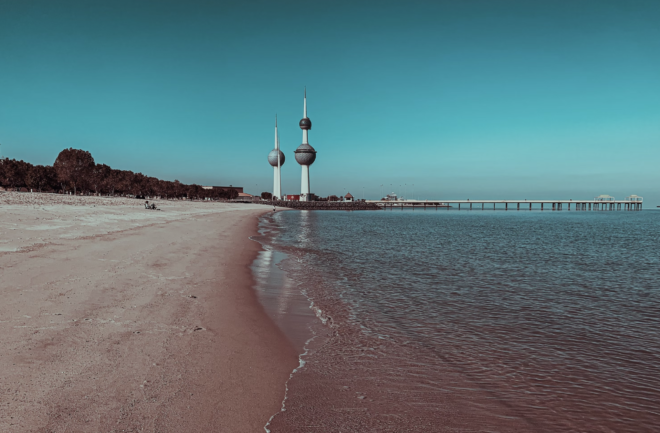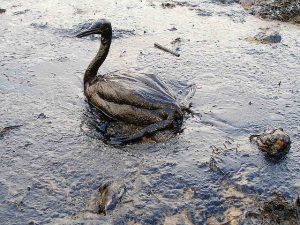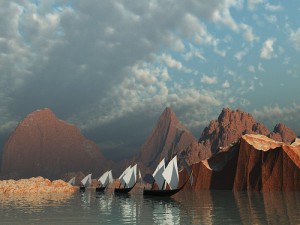Kuwait enjoys a strategic location in the Arabian Gulf with a coastline spanning about 200 miles if you include the islands dotted along the region. Like Dubai it also has a series of artificial islands with some of them bringing new bird species to the region. However, this beautiful coastline like many others is a victim of marine pollution.
Marine Pollution in Kuwait
Despite the efforts of the Kuwaiti government to protect Kuwait’s marine environment, there are several issues we need to tackle when it comes to marine pollution in Kuwait:
Declining Fish Stocks
There has been an apparent decline in marine life in Kuwait waters over the last few years. Coral reefs, marine turtles, and vulnerable fish such as shrimp, silver pomfret, suboor, hamoor, and frush are some of the most affected animal species.
Marine Pollutants in Kuwait
Most research conducted on marine pollution in Kuwait reveals a number of marine pollutant sources:
Sewage discharge
This is the biggest source of pollution for the Kuwaiti Ocean. Traces of oil, petroleum, hydrocarbons, trace metals, residual chlorine, and other suspended particles have been found in the ocean. The most probable cause for these is oil and petrochemical industry, power plants, and other sewage dumping activities.
Oil spills
With the Arabian Gulf being a major shipping point for oil transportation, oil spills are unavoidable. It is estimated that around 2 million barrels of oil are spilled in the Arabian Gulf annually as a result of tank washing and dirty ballast waters. And there is more spillage from military operations and oil production operations.
Ship waste dumping
Ships often dump their chemical and vessel waste in the ocean. This includes domestic waste, sewage waste, oil, and even fishing gear.
Dredging
Due to land reclamation, the Kuwaiti waters are also a victim of dredging. This destroys fish spawning grounds and makes the river banks unstable.
Fresh water shortage
The ocean along the coast of Kuwait is extremely salty. This is because fresh water from the Shat Al-Arab and Karon River is restricted due to the water dams along these rivers.
What Can We Do To Protect Kuwait’s Ocean?
When we hear that our ocean is in trouble, it’s easy to feel powerless. While most of the action rests at the hands of businesses and government, there’s still a lot we can do to help save our ocean:
Check The Label
When buying anything, opt for sustainable businesses. These businesses are making a conscious effort at helping our environment by taking steps to reduce their carbon imprint.
Reduce, Reuse and Recycle.
You can help decrease the effects of climate change by reducing your own carbon footprint. This can be done by reducing energy use. Turn off the lights when not in use. Unplug electronics and opt for walking and riding a bike.
Minimize Plastic Use
Cut down on your plastic usage, especially single-use plastics. These plastics usually end up in the ocean which severely impacts our marine life and adds to marine pollution in Kuwait.
Eat Sustainable Seafood
When buying seafood, look for eco-certification. If you don’t find one, ask your retailer about the source of your seafood. Demand eco-certified seafood from your retailer and favorite restaurant. This guide on sustainable fish in the region might help –> 7 Gulf fish probably okay to eat.
Be Ocean Aware
Educate yourself and others. You can do this by watching documentaries, signing up with Ocean Awareness companies, and discussing the impact of marine pollution on the world.
Sign up and Help
Become an advocate of the ocean. Sign up with NGOs like I AM Ocean Minded, the first-of-its-kind NGO in Kuwait aiming to improve the ocean mindset by creating an ocean-minded community. They conduct beach cleanups, awareness campaigns, and other communal activities to make a difference.




